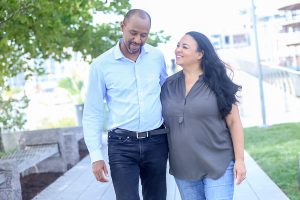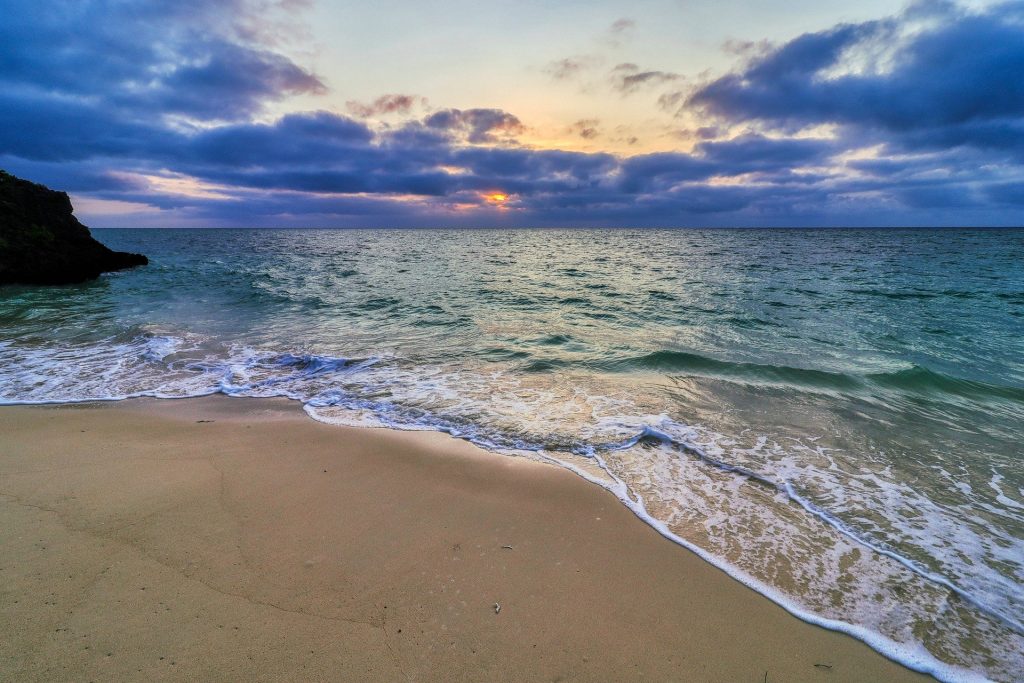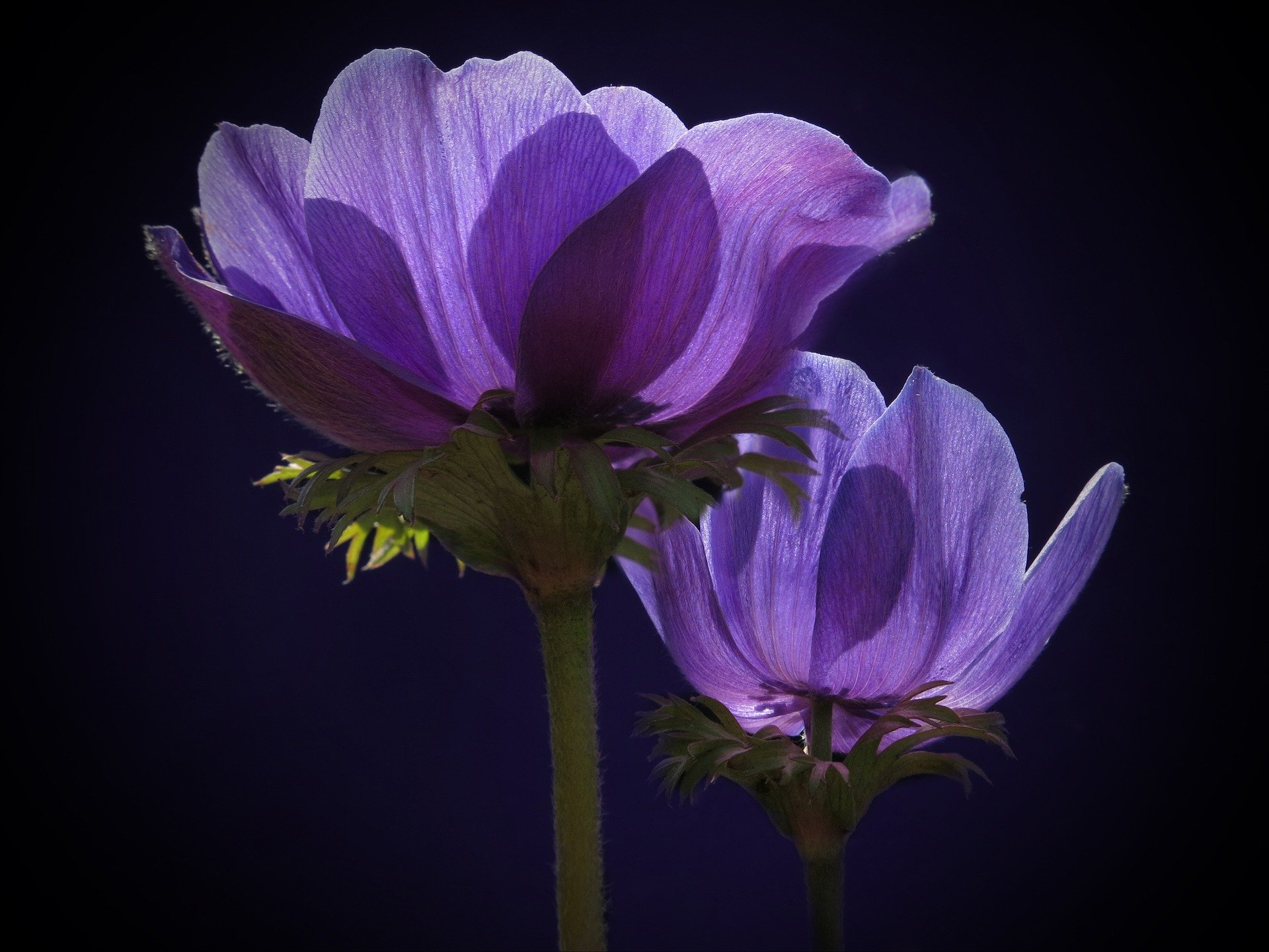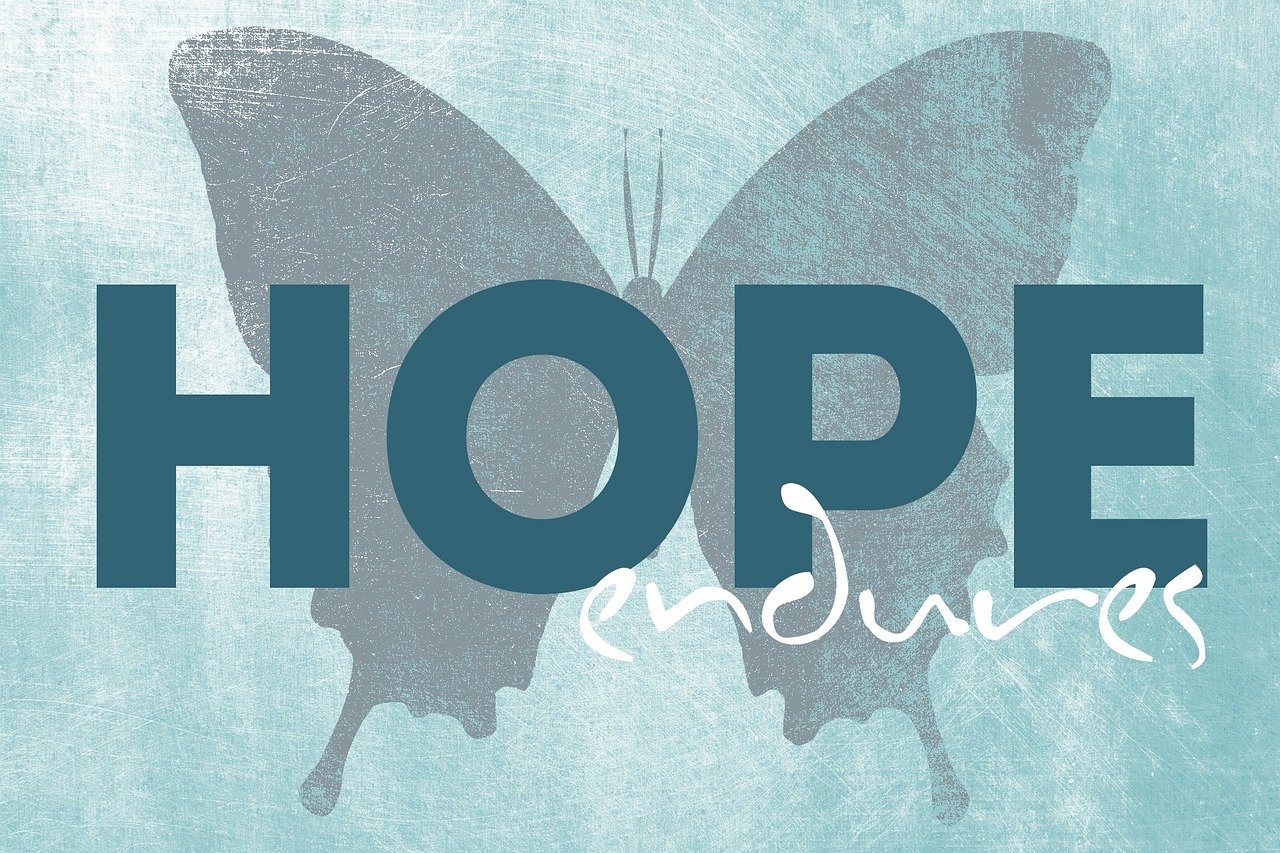World Footprints Stands with Black Lives Matter
Is it possible to heal amid soul-crushing events?
From the violations of the Constitutional rights of peaceful Black Lives Matter protesters, to the unlawful killings of black citizens–George Floyd, Armaud Arbery, and Breonna Taylor (and many more before them), to the global pandemic that is taking lives and undermining the economic security of millions of people, and now Americans facing further threats to freedoms and civil liberties not seen in generations, recent events are begging the question: how are we supposed to heal?
As travel journalists, we wonder how we can do what actor Jamie Foxx asked: to do our part and use our platform to inspire hope and bring about a necessary change during these tumultuous times.
We’ve been grappling to come up with a viable answer.
As lawyers, we are social justice advocates, so our platform is already predisposed to social consciousness as we bridge into travel journalism here on World Footprints.
We are also products of multicultural families, so we naturally come by the mindset of a global community. That mindset is foundational to our belief that travel is an antidote to divisiveness (let’s remove the euphemism—it’s racism).
We’ve both known the pain of racism. We’ve felt the burn of anger from unjust and egregious treatment like we’re witnessing today. This is not anything new, but it still makes us sick and incredibly sad.
We know that the majority of people are decent.
Despite our sentiments, however, we know not to charge a group of people with the sins of a few.
We know this because of our travel experiences. If you’ve been familiar with our World Footprints platform for any amount of time, you know that we shine a light on the transformative power of travel.
We share this through many avenues, from TEDx stages to our award-winning World Footprints podcast, to articles and videos depicting how travel fosters transformation both personally and professionally. But the most powerful transformation that travel offers is the ability to change misconceptions about other people and places. Travel helps us connect to our common humanity.
As African-American travelers, we are privileged to travel to destinations we once only dreamed about. We are honored to immerse ourselves into other cultures, to witness foreign traditions, to walk in the footsteps of history. But, as people of color, we travel with intention.
We don’t care about being served drinks under a palm tree on a pretty beach. We care about the people who are hosting us and how we can learn and grow from them and vice versa.
We care about inspiring our listeners and readers to travel with open minds and positive intentions. We care about experiencing and demonstrating how we are connected through our humanity.
We cannot initiate the change we want to see with silence.
World Footprints is a socially conscious travel platform that was founded on the philosophy of Ubuntu: I AM because WE ARE. This is a reflection of our common humanity and it’s a value that we have recognized and shared from our inception.
So when we travel, we seek to understand our history by uncovering the story behind the surface—the backstory. Because we are black people, we also experience different narratives like the lasting effects of colonization, socio-economic disparities, and systemic racism in some of the world’s most beautiful and pristine places. We have shared those stories and continue to do so.
While other travelers are driven by pretty beaches, good food, luxury hotels, and the ‘gram, we have been focusing on the backstory. We have memorialized the dark history of destinations, including within the United States, and as a result, those podcasts have won coveted awards.
Since our inception, we have raised awareness about important social issues from the preservation of wildlife and national treasures to human trafficking to sustainable travel.
World Footprints has always encouraged the concept of “ground-truthing” to help others find their own truth about other cultures and destinations amidst the clutter and preconceptions created by social media, family, friends, and media.
We have sought answers to questions that would help connect us across cultures and foster a global citizen mindset.
During this dark time in history, we must ask how or if travel can calm the storm and redress inequities.
- Can travel help build communities that have worked independently of each other?
- How can we stretch issues like sustainable tourism to uplift disenfranchised communities?
- How should tourism move from superficialities like Dark Tourism and Ghetto Tourism to something more meaningful?
The answers are closer than we think.
The ability to find answers starts with recognizing our humanity and drowning out the silence of complicity. Being silent in the face of egregious actions and human rights abuses will kill us.
As such, we wondered how we could reconcile our message about travel against the backdrop of these current atrocities. How can we help people imagine a better future?
Amid despair about how we can be of service to others, we heard a reporter talking about a man who approached him on the street and declared, “I’m human.”
The reporter was puzzled, and he responded, “huh?” The man said again, “I’m human. I’m not black. I’m not white. I’m HUMAN!”
And the light bulb went off for us. We knew then what we should do.
We must continue talking about the same things we’ve always spoken about—our common humanity.
We’ve seen the collective spirit of our humanity come together when Black Lives Matter protestors of all ethnicities have peacefully marched together across the world!
We’ve seen it when a group of black men surrounded a white police officer who became separated from his troop to protect him.
We’ve seen the power of our humanity when a group of white women formed a human chain in front of black protestors to protect them from law enforcement.
We’ve seen humanity in action when a first-generation Indian-American man opened his home to dozens of protestors who were fleeing from police brutality.
We’ve seen police officers around the country take a knee with protestors to recognize the wrongs of racism and systemic injustice. Some have even offered a hug of comfort—amid this coronavirus pandemic.
These have been beautiful moments. And they remind us about how dangerous it is to use a broad brush to generalize about any group of people.
We cannot remain silent and we won’t. We must be the change we want to see.
We stand in unity with all of our brothers and sisters of every hue who are fighting on the side of hope and justice. We appreciate your courage, strength, and humanity.
We take a knee with you to protest the legacy of racism, inequality, and injustice that continues to plague our world.
We say to the political and situational opportunists: stop behaving senselessly and selfishly to the detriment of the health, welfare, and safety of courageous and honorable people who want to bring unity and healing to us all.
World Footprints has and will continue to be about building bridges to people all over the world, appealing to hope, unity, and our common humanity. While we come in different colors with different points of view, we are of one race—the human race.

Ian and Tonya Fitzpatrick, Esqs. are founders of World Footprints, an award-winning social impact travel content publisher that shares the humanity of travel. The Fitzpatricks co-host the syndicated World Footprints podcast that has featured prominent guests like Maya Angelou and Rick Steves. They are contributors to DETOUR and also travel the world as public speakers. Recognized as Black Travel Journalists of the Year (Black Travel Summit), and Best Social Impact Travel Media Company (CEO Monthly), Tonya and Ian are well-respected for their leadership in the travel industry.



Great piece. Let’s be that change!